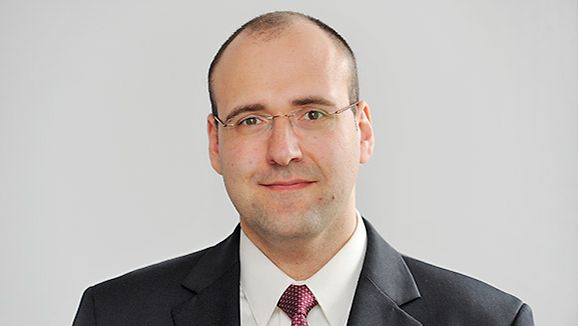GTAI FDI Report
2022 Report: Germany Books Massive FDI Increase
The US and post-Brexit Britain drove an unprecedented level of FDI in Germany in the past year. Even without a huge investment by chipmaker Intel, the value of business expansions was up considerably.
Report summary
Despite the economic turmoil following Russia’s war on Ukraine, 2022 was a record year for international business expansion to Germany. Companies from various parts of the world committed to expansions worth a head EUR 25.3 billion. Intel’s decision to build new megafab production facilities in Magdeburg accounted for EUR 17 billion. But even when that behemoth investment is factored out, FDI into Germany was still EUR 8.3 billion – a significant increase over the 7 billion in 2021.
In terms of absolute numbers of business expansion projects, the situation roughly held steady at 1,783 projects (down 23 from 2021). Ten percent more American companies (279 projects in total) opted to set up shop in Europe’s largest economy, making the US the top source country. Incoming FDI from second-ranking Switzerland was slightly down while FDI from Britain (170 projects) rose 21 percent, landing it third on the list.
Major areas for FDI to Germany were semiconductors, clean energy, digitalization, logistics and the service sector.
Read the full press release here.
Key findings
- Germany’s federal states registered 1,783 FDI projects in 2022 (greenfield, expansions, relocations, excluding M&A) - only a slight reduction of one percent compared to the previous year.
- Additionally, 171 M&A deals were recorded, in which foreign investors bought more than 50 percent of shares.
- The US led all countries in greenfield projects with 279, while the EU was the leading source region.
- Foreign companies invested most often in the ICT and communications sector, followed by business and financial services.
- Fifteen percent of the international companies use Germany as a production or R&D location.

